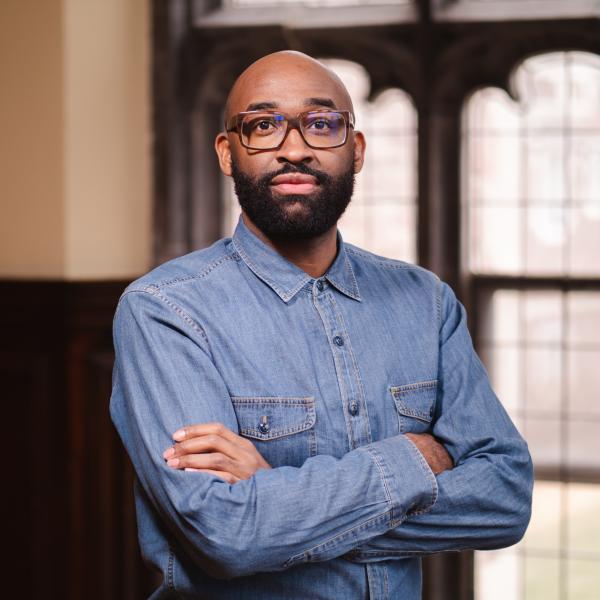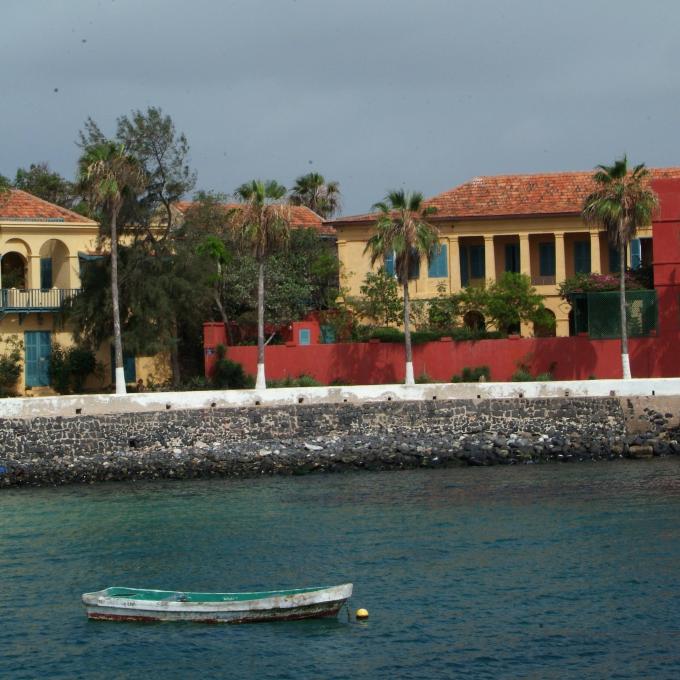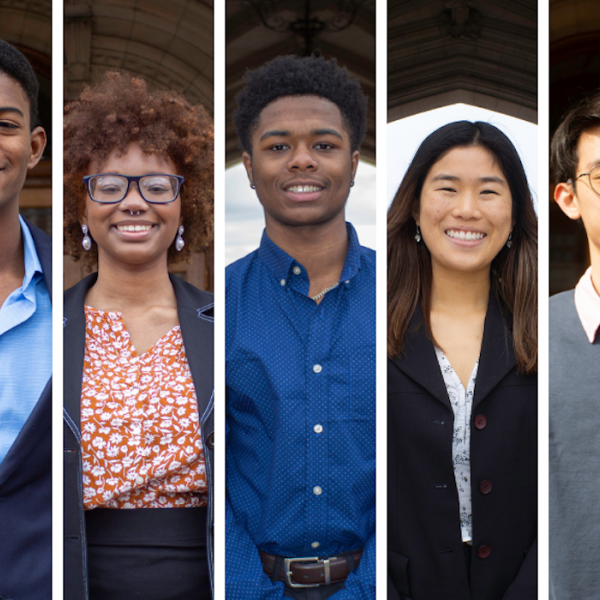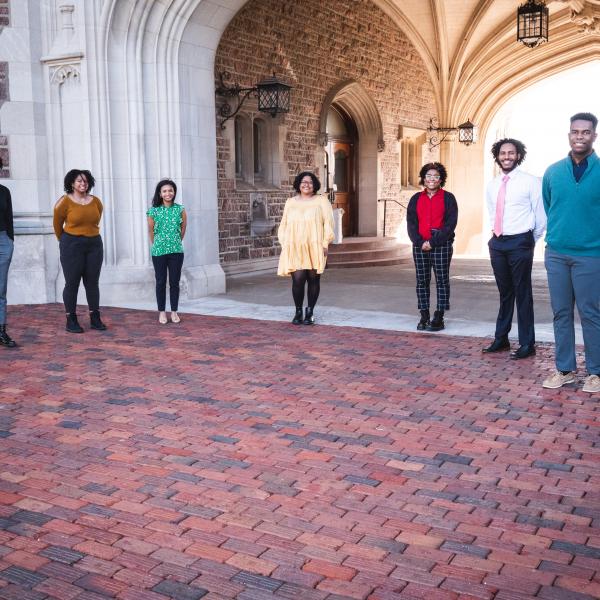Jonathan Fenderson's research and teaching interests emanate from three themes: intellectual history, social movements, and transnational links between Africa and the Diaspora.
Jonathan Fenderson is an Assistant Professor in African and African American Studies at Washington University in St. Louis, which he first joined as a postdoctoral fellow in 2011. He earned his PhD in the W.E.B. Du Bois Department of Afro-American Studies at the University of Massachusetts. His research and teaching interests emanate from three themes: intellectual history, social movements, and transnational links between Africa and the Diaspora.
His writing has appeared in a number of places, including the Journal of African American History, Race & Class, and the Journal of African American Studies. His first book, Building the Black Arts Movement: Hoyt Fuller and the Cultural Politics of the 1960s will be released by University of Illinois Press in April 2019.
He teaches several courses in African and African American Studies. The most popular courses include: "Feminist Fire: Radical Black Women in the 20th Century,” “International Dimensions of the Black Power Movement,” and “Black Political Thought."
He also serves as the Associate Editor of the Black Scholar.



